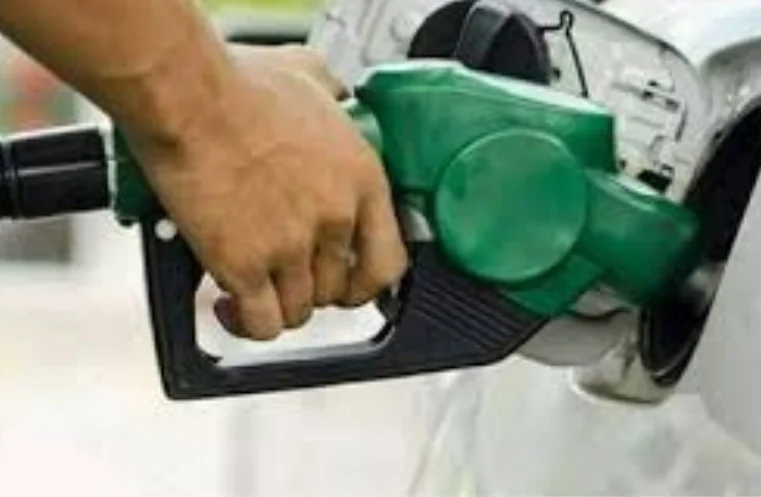Islamabad, Mar 12, 2025: Prime Minister Shehbaz Sharif’s government remains entangled in critical policy dilemmas, further delaying decisions on appointing dual nationals to key positions within the State Bank of Pakistan (SBP) and implementing a carbon levy aimed at curbing emissions.
In separate meetings held on Tuesday, authorities once again postponed resolutions on both matters.
For the third consecutive time, Prime Minister Shehbaz Sharif deferred his verdict on whether individuals holding dual nationality should be eligible to serve as governor, deputy governors, or board members of the central bank.
Earlier the same day, Deputy Prime Minister Ishaq Dar presided over another inconclusive discussion regarding the proposed carbon levy.
Read More:
Securities and Exchange Commission of Pakistan SECP Registers 3046 New Companies in February 2025
As reported by the Express Tribune, significant pressure is mounting to elevate the current petroleum levy from Rs. 60 per liter to the legally permissible cap of Rs. 70 per liter.
This adjustment is intended to partially counterbalance anticipated reductions in fuel prices while securing an estimated Rs. 15 billion in additional monthly revenue to address the government’s severe fiscal deficit.
The International Monetary Fund (IMF) has recommended introducing a distinct carbon levy, beginning at Rs. 3 per liter and gradually escalating to Rs. 10 per liter over a three-year span.
This policy is part of the prerequisites linked to the new $1 billion Climate Resilience Facility, currently under negotiation.
Reports indicate that the government is considering enforcing both levies simultaneously.
On Monday, the prime minister convened a meeting to discuss these policies, but no consensus was reached. Consequently, he transferred the matter to Ishaq Dar, whose Tuesday session also failed to yield a conclusive decision.
The primary point of contention revolves around the optimal allocation of revenue generated from these levies.
The Ministry of Climate Change advocates channeling the funds into climate mitigation initiatives, while an opposing proposal suggests using the revenue to lower the electricity sales tax from 18% to 10% to provide relief to consumers.
Further complications arise from the European Union’s Carbon Border Adjustment Mechanism, which could impact Pakistan’s exports by imposing additional costs on carbon-intensive products.
The government now faces mounting pressure to develop a strategy that balances fiscal requirements with economic and environmental concerns.









